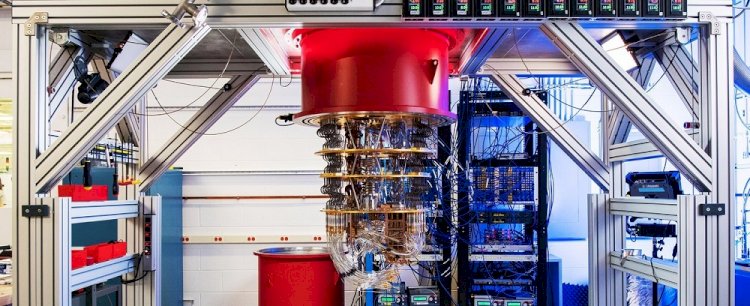Google Launches TensorFlow Quantum, a machine learning platform for Quantum models training
With the launch of a newly developed solution Google achieved quantum dominance. TensorFlow Quantum release follows Azure Quantum launch and development by companies like Honeywell.

On March 09,2020, Google announced the launch of TensorFlow Quantum, bringing together machine learning and quantum computing initiatives at the company. The framework can build quantum datasets, prototype models of hybrid quantum and classical machine learning, support simulators of quantum circuits, and train discriminative and generative quantum models.
The creation of quantum models is made possible with standard Keras functions and by the availability of quantum circuit simulators and primitives for quantum computing compatible with existing TensorFlow APIs.
The Python framework is explained in a paper that was submitted to arXiv preprint repository on March 6. The paper has over 20 contributors from Google's X team, The University of Waterloo's Institute for Quantum Computing, NASA's Quantum AI Lab, Volkswagen, and Google Research.
The framework will provide the necessary tools for research communities in quantum computing and machine learning to explore models of both natural and artificial quantum systems, and ultimately discover new quantum algorithms that could potentially produce a quantum advantage. Google will likely expand the range of custom simulation hardware supported to include GPU and TPU integration in the future.
TensorFlow Quantum software stack combining Cirq, an open source quantum circuit library, and the TensorFlow machine learning platform. Quantum computing enthusiasts hope that the powerful simulation properties of the technology can lead to developments in life sciences, decryption, chemical or material production, and optimization.






























